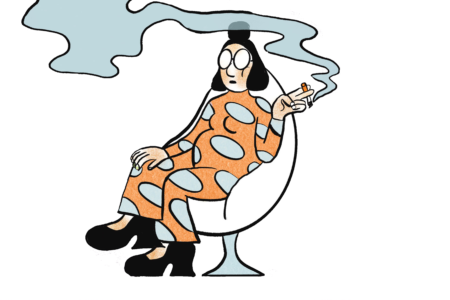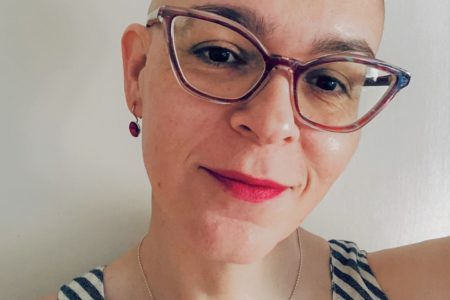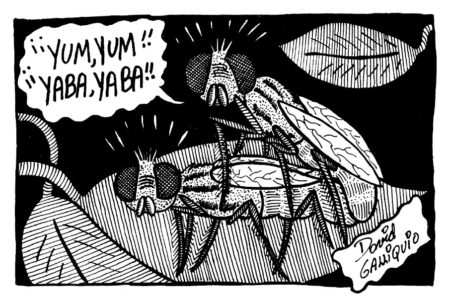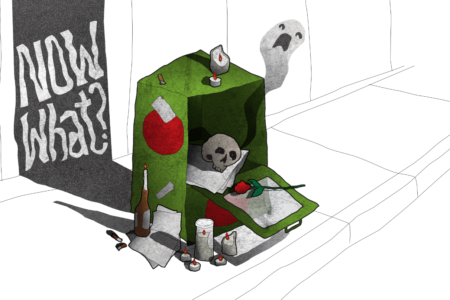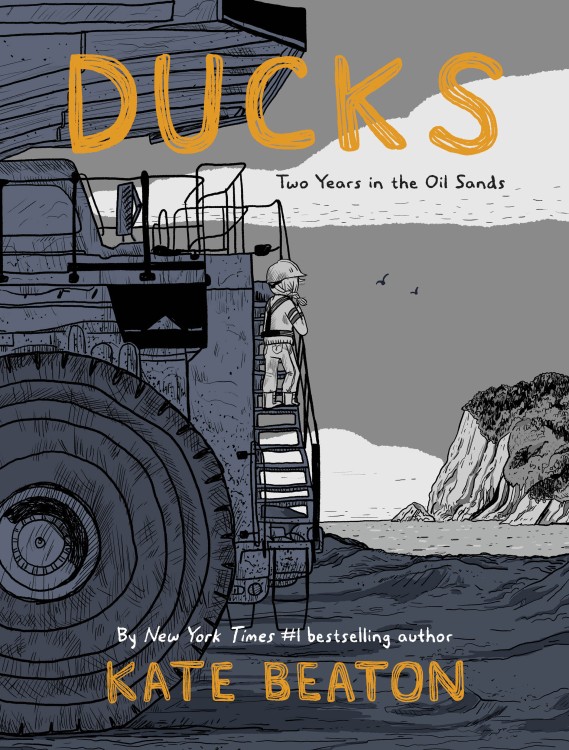
Ducks: Two Years in the Oil Sands
Kate Beaton, 436 pgs, Drawn & Quarterly, drawnandquarterly.com, $39.95
Growing up in Alberta, it’s impossible to escape the rumours and horror stories from people who work in the oil camps. The news covers car crashes, environmental degradation, and horrific worksite injuries. The men come back talking about loneliness, drugs and a lack of options. From the women, though, there’s often a specific sort of silence. In Ducks: Two Years in the Oil Sands, Kate Beaton says what has often gone unsaid. I have never read a finer and more nuanced account of the Alberta oil sands.
From her home in Mabou, Cape Breton, a twenty-something Beaton heads west to pay off her student loans. She is not yet a celebrated Canadian cartoonist, just another Canadian saddled with student loans and few employment routes. She follows in the footsteps of many of her neighbours and family members and heads west. In Fort McMurray, and later in camp life, she discovers an isolated, distorted and dangerous world full of violence, sexual assault, rape and depression.
What makes Beaton’s book so powerful and unique is her close watch on the day-to-day life of oil sands work. The women and the men have names and histories. They have hometowns. For the first time, I got a glimpse into what a lunchroom looks like, assigned housing, a party, a ride in a truck with a co-worker you trust and a ride with one you don’t. Beaton draws a fine line between compassion for what a place like camp does to a person and the responsibility each person has in that place.
Beaton asks: how do people treat a place they aren’t from? The exploitation may start with the environment, but it goes beyond. The ducks that land on a tailings pond die, but something happens to the people who land in the camps as well. Did Fort McMurray make some of the men Beaton encounters behave that way, or did it give permission to something already there?
This is an important book and a book worth reading. But it is not a book that will leave you redeemed. Beaton raises important and uncomfortable questions with no easy answers.

